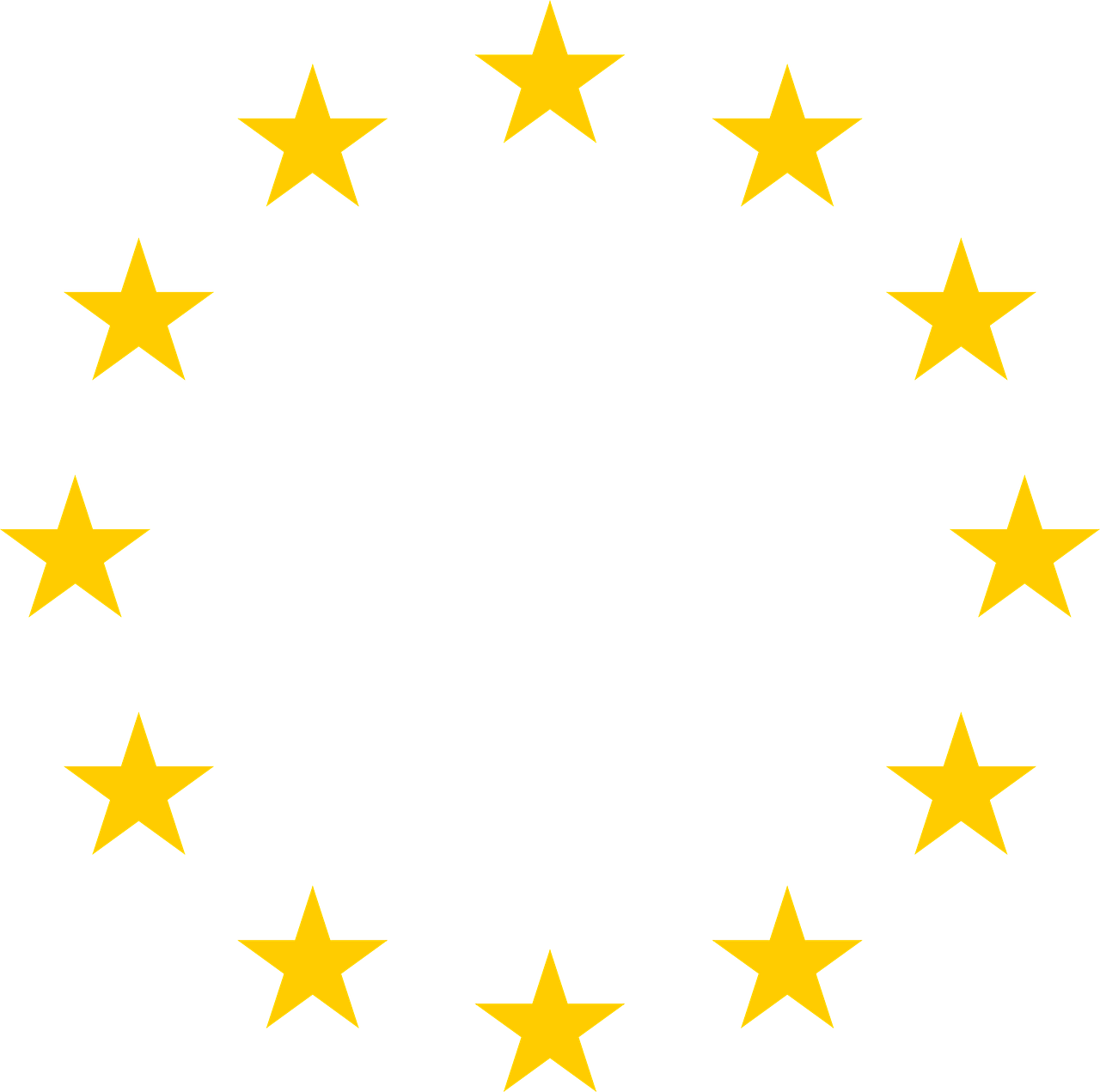ISCC PLUS
The ISCC-PLUS certification is an extension of the ISCC-EU standard; it is a non-mandatory, thus commercial, system applicable to the bioeconomy and circular economy in the following areas:

- Food
- Feed
- Chemicals
- Plastics
- Packaging
- textiles
- renewable raw materials
ISCC PLUS thus evaluates material flows that are not affected by the EU RED directive.
This sustainability certification system is not only applicable to bioenergy (e.g. solid biomass), but also to e.g. food and feed as well as applications in the technical and chemical sector (e.g. bioplastics).
Within the framework of ISCC PLUS, all types of agricultural and forestry raw materials, biowastes and residues, renewable raw materials and fossil materials that contribute to the circular economy and bioeconomy can be certified.
Thus, producers and recyclers can prove the sustainable origin of bio-based and/or circular raw materials in all production and supply chains of the food, packaging and feed industry as well as the chemical industry. Under ISCC PLUS, all types of biomass, wastes and residues, non-biological renewable energy and recycled carbon materials can thus be certified.
For this purpose, the products to be certified must originate from a process with renewable energy sources or recycled secondary raw materials. A distinction is made here between:
- bio-based input materials
- bio-circular input materials
- circular material
- recycled material
ISCC PLUS basically covers the same certification requirements as ISCC EU, but can be adapted to the requirements of different markets or specific applications. In addition to the ISCC EU certification requirements, ISCC PLUS also includes regulations on traceability as well as on greenhouse gas calculation, so that the ISCC PLUS requirements not only refer to current legal bases, but already to supply chain regulations.
ISCC PLUS System Document
This document presents the ISCC PLUS certification system, including governance, system fundamentals and certification areas. Please note that the ISCC EU system documents also serve as system documents for the ISCC PLUS system. The few differences and requirements specific to ISCC PLUS are described in the ISCC PLUS System Document, which is an additional mandatory source of information to the ISCC EU System Documents for certification to ISCC PLUS.
(externer link to ISCC)

Questions and answers about ISCC PLUS certification
ISCCplus certification is useful when manufacturers or recyclers want to present a sustainability aspect (CO2 reduction, recycled material) in their products.
This certification thus enables. "Sustainability Claims", (when using sustainable certified raw materials or by using renewable energies in the produced products or secondary raw materials), to claim.
Manufacturers or recyclers who want to market their products as sustainable can map a verified sustainability declaration with the ISCCplus certification:
- higher market value through sustainably certified products or secondary raw materials
- verifiable sustainability aspects of plastic products or plastic recyclates
- Illustration of a CO2 reduction through the use of renewable energies, or substitution of fossil raw materials
The certification process is specified with certain procedural steps starting from the registration of a manufacturer or recycler with ISCC by the Scheme-owner ISCC itself.
Request and verification of certification capability
First of all, a recording of your certification request is necessary. This can be done by a long-distance call, web-meeting or even on-site visit (usually the most reasonable!).
Since the scope of the certification process (i.e. audit preparation, onsite audit duration and follow-up) clearly depends on the complexity of the product / recyclate manufacturing, we need some information from you, such as:
- Type of product / recyclate
- required recoucren of the input material
- Certifications of the input streams
- procedural traceability
- analytical infrastructure (own laboratory, external analysis)
- company structure, (certification of several subsidiaries or subcontracting of single components)
Quotation
We prepare an offer for the desired ISCCplus certification
Registration with ISCC
from now on the steps are given by the ISCC audit scheme
Audit planning
When the certification readiness is announced after completion of your ISCC management implementation, an audit date (onsite date) is planned together with our auditor team. It makes sense to let implementation and audit planning converge.
Conduct of the audit
In the certification audit, our auditor(s) compare the ISCC specifications for conformity with the implemented process engineering processes and the relevant records (e.g. mass balance and input certificates). If non-conformities are identified, so-called action plans must be agreed in accordance with ISCC regulations; any necessary corrective measures must be implemented within 40 days. A detailed presentation of the results is made in a closing meeting.
Initial certification
In addition to the management basics, the suitability of the mass balance system is assessed during initial certification (initial assessment). For this purpose, the organization must be able to correctly allocate certified input materials and determine them at least quarterly (input/output/stock checks).
Re-certification
In the case of a recertification (monitoring assessment), the management basics are evaluated as before, but now the quantities of uncertified or delimited non-certified input and output materials are also verified.
reporting and issuance of the certificate(s)
If the relevant requirements of the ISCC specifications are fulfilled, you will receive a corresponding report and the ISCC PLUS - certificate with a one-year validity period

conformity assessment body
Environmental Verifying
Accredited European Certification


